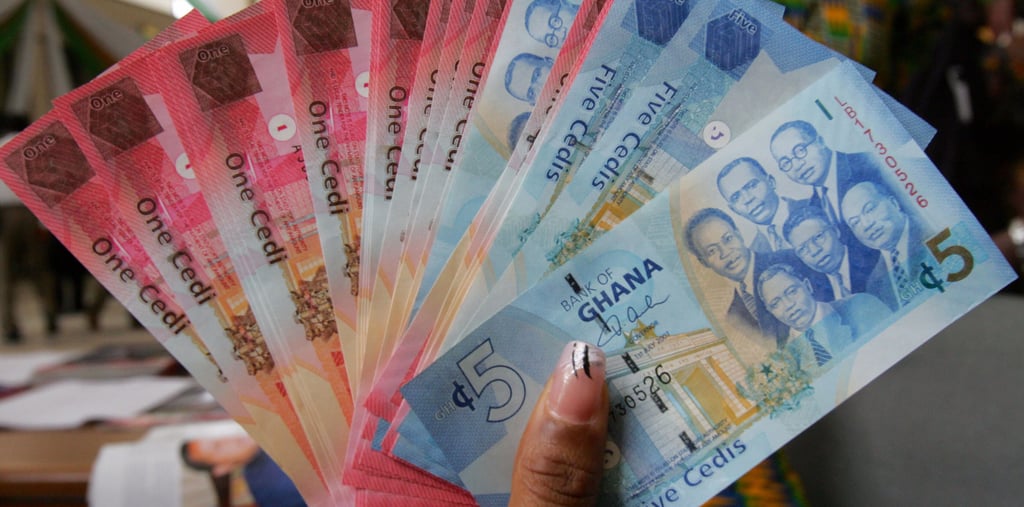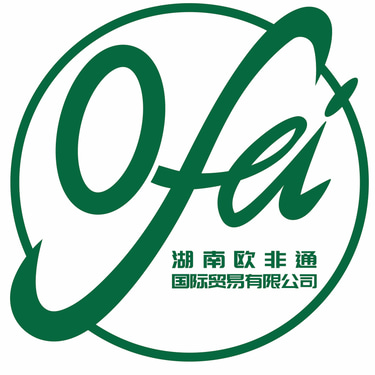Gold Behind the Glory: How Ghana’s Cedi Became the World’s Best-Performing Currency
In 2025, Ghana’s cedi is making waves as one of the world’s best-performing currencies. Discover how gold reserves, smart policy, and investor trust are fueling this remarkable turnaround — and what it means for Africa’s financial future.
Harriet Comley
7/8/20253 分钟阅读


In 2025, as global currencies battled the aftershocks of inflation, debt, and geopolitical turbulence, one African currency defied expectations: the Ghanaian cedi. With a nearly 50% surge against the US dollar, it wasn’t just Africa’s best-performing currency — it was the worlds! Behind this remarkable comeback lies an unlikely hero: gold. And at the heart of that gold strategy is Ghana’s new state-backed institution — the Ghana Gold Board (GoldBod).
A Currency Reborn
From the start of 2025, Ghana’s cedi began climbing — fast. By May, it had appreciated over 42% year-to-date, and by June, reports showed a total rebound of nearly 50%, reversing much of the pain seen in 2022–2023 when the cedi was one of the world’s worst-performing currencies. This time, global markets were watching — and asking: how?
The answer lies in a blend of macroeconomic discipline and bold innovation, particularly Ghana’s decision to lean on its most trusted natural asset: gold.
GoldBod: The Strategic Turnaround
In January 2025, the Ghanaian government launched the Ghana Gold Board (GoldBod), a regulatory body tasked with overseeing and formalizing gold purchases from both large-scale and small-scale miners. The Board was designed not just to clean up the sector, but to leverage domestic gold to support the national economy — especially the cedi.
In April, Ghana signed deals with nine more gold producers, joining Newmont and other majors, requiring 20% of their output to be sold domestically. This state-controlled gold stream allowed the Bank of Ghana to boost its reserves and reduce reliance on the dollar for critical imports — particularly under the now-discontinued Gold-for-Oil initiative.
By February 2025, Ghana’s gold reserves had grown to 30.8 tonnes, up from 8.8 tonnes in 2022, and gross foreign reserves stood at $9.4 billion. At the same time, gold exports surged: Ghana earned $11.6 billion in gold in 2024, a 53% increase from the year before. In just the first four months of 2025, it had already brought in $2.73 billion.
From Gold-for-Oil to Gold-for-Stability
The much-discussed Gold-for-Oil program (2022–2025) had a rocky run. Though innovative in design — swapping gold for fuel to reduce dollar demand — it suffered operational hiccups and ended in March 2025.
But the core idea — using gold to offset foreign exchange dependency — survived.
Now rebranded through GoldBod and the Bank of Ghana’s gold purchase program, the policy has transitioned into a “Gold-for-Reserves” strategy. This allows the country to build foreign exchange buffers in gold rather than USD, offering more control and insulating the currency from external shocks.
As global gold prices remained strong, this strategy paid off handsomely — especially in a year when other commodity-backed economies struggled with price volatility.
Formalizing the Informal
One of GoldBod’s most important functions is tackling informality in the small-scale mining sector, which accounts for over 30% of Ghana’s total gold output. By offering formal purchase pathways and price transparency, GoldBod has helped reduce smuggling, increase traceable exports, and ensure more gold flows through official channels — directly benefiting the state and the cedi.
The Broader Picture
Of course, gold isn’t working alone. Ghana’s central bank has maintained a tight monetary policy, holding the interest rate at 27–28%, while the government continues reforms under its $3 billion IMF program. These factors, combined with improved investor confidence, have all contributed to the cedi’s rise.
But what makes Ghana unique is its ability to turn a natural resource into a strategic financial asset — not just by mining it, but by managing it wisely.
A Golden Model for Africa?
Ghana’s gold-backed currency stabilization may offer lessons for other resource-rich economies. Rather than exporting raw commodities for quick cash, countries can explore ways to retain value, boost reserves, and reinforce macroeconomic stability through smart resource-backed finance.
There are still risks — including the possibility of overreliance on gold, shifting market prices, or operational challenges in sustaining reform. But for now, the numbers speak for themselves.
Ghana didn’t just mine gold. It used it to build a stronger currency, greater confidence, and a story the world can’t ignore.
